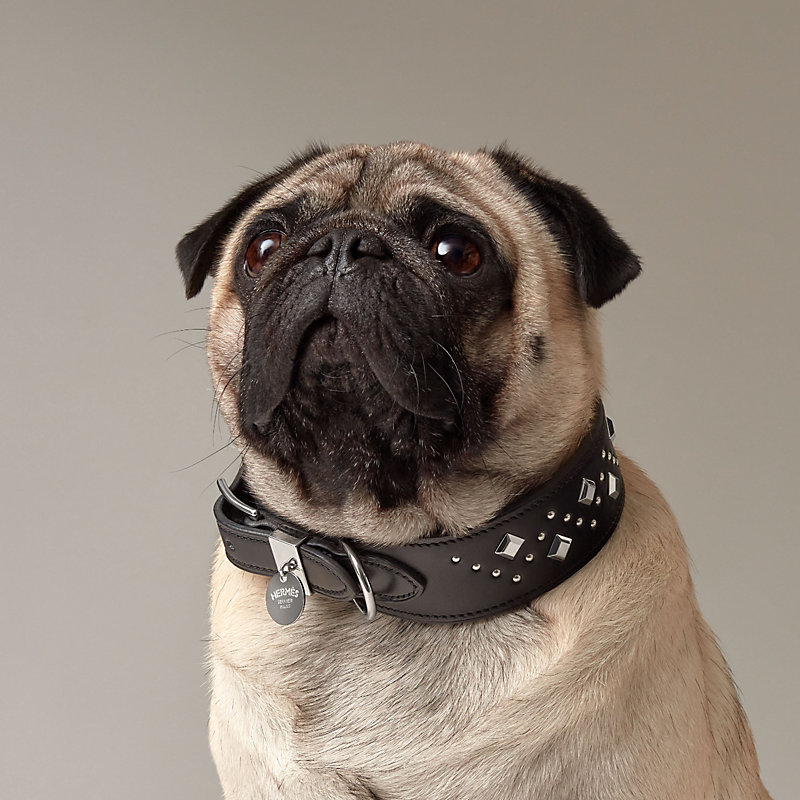In the case of our furry companions, the proper collar for your dog is an essential accessory. Dog collars serve multiple purposes, including identification, safety and design. The right dog collar can be difficult there are so many options that are available.
The Versatility of Dog Collars
Dog collars are used for a reason beyond just being a fashion accessory. They are vital to the health of your dog. Take a closer at dog collars to see how they benefit your pet.

Identification and safety: A dog collar serves as an essential tool to identify your pet. A collar usually comes with a tag for identification with your contact details. This helps to locate your pet if they become lost. Dog collars that have D-rings are ideal because they keep the tag in place and keep it from being ripped off during walks or playing.
Control and training: Dog collars are essential in the training and control of your pet. Standard collars can be tied to a leash. They give you more control when walking or out in the open. A dog collar that is properly fitted will allow you to keep track of your energetic or spirited dog and stop excessive pulling.
Style and Personalization. Safety and practicality are vital, but design and customization also matter. Dog collars can be found in many different materials, colours and designs. They allow you to show off your pet’s personality as well as your personal preferences. A collar personalized with your dog’s name or a custom design adds a special touch.
Dog Collars: Types and Designs
Understanding the many types of dog collars as well as their many uses is essential.
Standard Flat Collar: The most common type of dog collar is the standard flat collar. The collars can be worn every day, as they are simple to adjust and easy to adjust. These collars are perfect for attaching ID tags on your pet and to walk with.
Martingale Collars: Martingale Collars are for dogs that tend to slide out of collars that are conventional. They are tightened when a dog pulls at the leash in order to stop escape without choking. Greyhounds and other dogs with narrow head sizes are excellent choices for collars like these.
Prong Collars (also called pinch Collars) are a bit controversial but can be very effective in certain circumstances. Metal prongs can be used to press the dog’s neck when they pull to stop pulling, thus preventing this behavior.
Head Collars Head collars like the Halti and Gentle Leader let you control your dog’s head. This will allow for better direction of movements. They can be useful for dogs with strong pulling or excessive exuberance.
Harness: Even though they’re it is not a collar in the strictest sense it is worth noting that harnesses can be considered. They are more comfortable for dogs suffering from tracheal issues as they distribute pressure equally. Harnesses are the best option for dogs with small breeds or with breathing issues.
Choosing the Best Dog Collar
Take into consideration the size of your dog, its behavior, and the particular needs you have for your dog. Be aware of these things when picking your collar:
The collar should fit comfortably, but it shouldn’t be too tight. It should be possible to put two fingers between the collar and your dog’s neck. It shouldn’t be too loose because your dog might slip out.
Dog collars can be made out of a variety of materials such as leather, nylon and chain. Think about your dog’s comfort, along with your own preferences. Leather collars can be more durable and stylish however nylon collars are likely to be less heavy and easier to clean.
Safety Features: To be safe choose collars that have reflective strips. These make your dog more visible when walking at night. There are breakaway collars that let your dog go if it gets caught in the object. This can prevent chokes.
Select a collar based on your dog’s characteristics. If your dog is a puller on the leash, the martingale or no-pull collar may be appropriate. A standard collar works for calm, well-behaved dogs.
Personalization and style The collar that is both stylish and personalized will reflect the character of your pet. Customized collars as well as those with distinctive designs add a personal design to your pet’s appearance.
Conclusion
Dog collars are vital tools to keep your pet secure, well-trained, and fashionable. Be aware of factors such as size, material and security features when picking the perfect dog collar for your pet. Your dog will look stunning and be safe when wearing the correct collar.